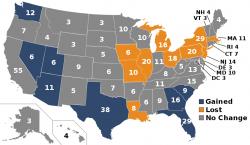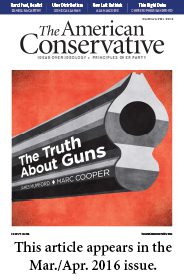The First Defection: Republican Elector Writes In NYT Op-Ed Why He Won't Be Voting For Trump
A Republican member of the Electoral College, Christopher Suprun, has published an op-ed in the NYT explaining on Monday explaining why he will not be casting his vote for Donald Trump.
“The election of the next president is not yet a done deal,” Texas elector Suprun writes the New York Times article. “Electors of conscience can still do the right thing for the good of the country. Presidential electors have the legal right and a constitutional duty to vote their conscience.”

